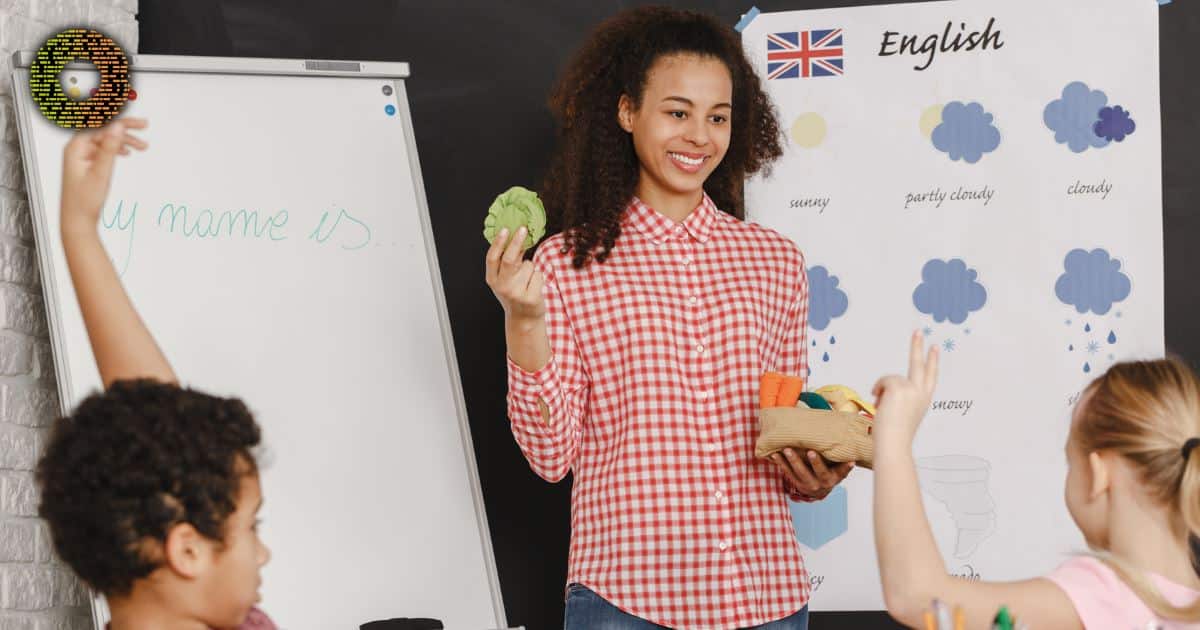Women In The TEFL Classroom
Join a global community of over 200,000 TEFL teachers working throughout the world! Enrol me!
8 March 2020 is International Women’s Day. Every year we celebrate this day and make mention of the special women in our lives. We celebrate the fact that we now have gender equality and we look at how far we have come. But the fact that we still feel the need to celebrate Women’s Day means that there’s still a problem. We are not, in fact, equal (#newsflash) and we have a long way to go toward equality on so many fronts. So let’s use this Women’s Day to think about how we can do our bit to rectify this issue. Let’s look at what we can do on a daily basis in our EFL lessons. Yes, this is not just a lesson plan for Women’s Day, it is a call to incorporate women in the TEFL classroom and gender equality more into our everyday EFL lessons.
Women in the TEFL classroom
Disclaimer: we are not anti-men by any means. We need men to help us in our quest. Plus, there are a few men’s issues that need to be addressed too (parenting, toxic masculinity). But here are a few ways that together we can respect women in our TEFL classrooms.
Avoid gender stereotyping
Sexism is rife, no matter where you were brought up. This means that you need to be very careful of sexism in your classroom, regardless of where you come from or where you are teaching. The first thing to think of is to prevent unconscious bias against women in your classroom. This means making sure women are equally represented. When discussing superheroes, go further than Superman. When talking about parenting, be sure to include fathers in the caregiving role. If you are looking at farmers or doctors or engineers, be sure to include pictures of women as well as men. If you are teaching children, encourage them to play against gender stereotypes, so give the girls cars and the boys prams to play with.

Update history
Often when we deal with historical figures, we end up discussing famous men, because, let’s face it, men have traditionally been given more airtime than women. When it comes to texts in our coursebooks, if we are talking about a woman it is usually Florence Nightingale or Margaret Thatcher or Britney Spears. Update your coursebooks by introducing your students to one of the many amazing but lesser-known women who have made a difference in the world – Malala Yousafzai, Sally Ride, Aung San Suu Kyi and Sheryl Sandberg.
Be upfront and open
At the same time, it’s good to be upfront and open about the historical issues surrounding women. While we have made a few steps towards solving these issues, there is still a long way to go. We need to be aware of the status quo and the effects of history so that we don’t perpetuate the problem. If your students are at an appropriate age and are open to discussing topical issues, bring in topics which are usually avoided in coursebooks, such as child brides, pay inequality, and gender-based violence, so that our students can become more aware of the issues relevant today.
Be proactive
As you can see, you may need to bring in outside materials and resources to your lessons to accomplish some of these aims. We are not saying that all ELT coursebooks are the problem – and they are certainly getting better – but many of them are outdated in their presentations. As a TEFL teacher you need to make a concerted effort to help equalize the airtime given in your classroom to make sure women are not marginalized or ignored.
International Women’s Day is 8 March 2020. While it is sad that we need a day to remind us to focus on gender equality, the fact of the matter is that it is still necessary. The theme for this year is #EachforEqual, and we would like you to keep this in mind not only on this day but every day in your classroom: An equal world is an enabled world. How will you help forge a gender equal world?
Celebrate women’s achievement.
Raise awareness against bias.
Take action for equality.
Accreditation & Quality Assurance
The TEFL Academy was the world’s first TEFL course provider to receive official recognition from government regulated awarding bodies in both the USA and UK. This means when you graduate you’ll hold a globally recognised Level 3 (120hr) Certificate or Level 5 (168hr) Diploma, meaning you can find work anywhere and apply for jobs immediately.
 United Kingdom
UK
United Kingdom
UK












